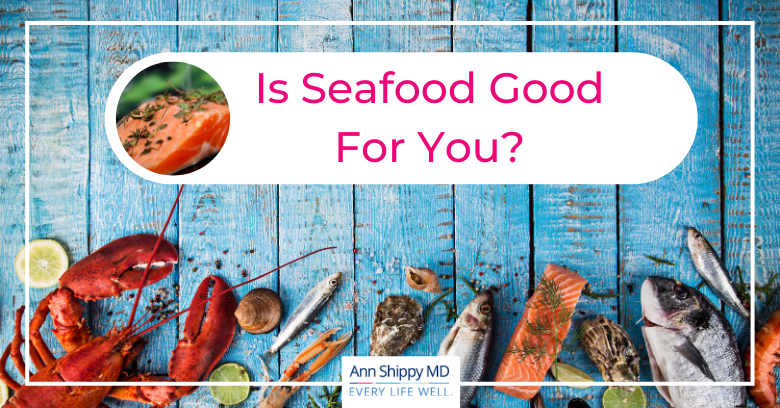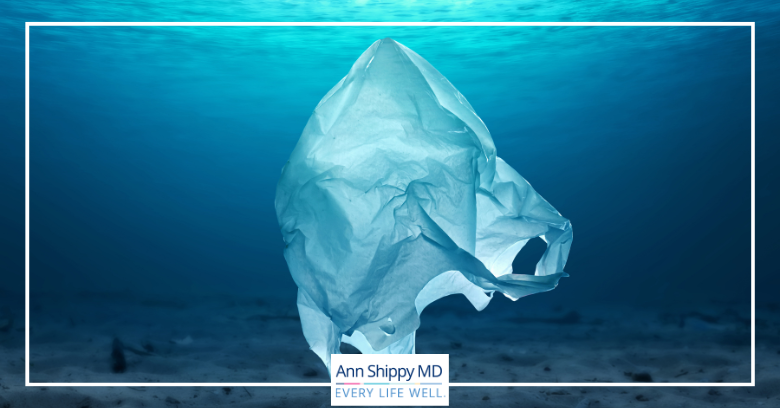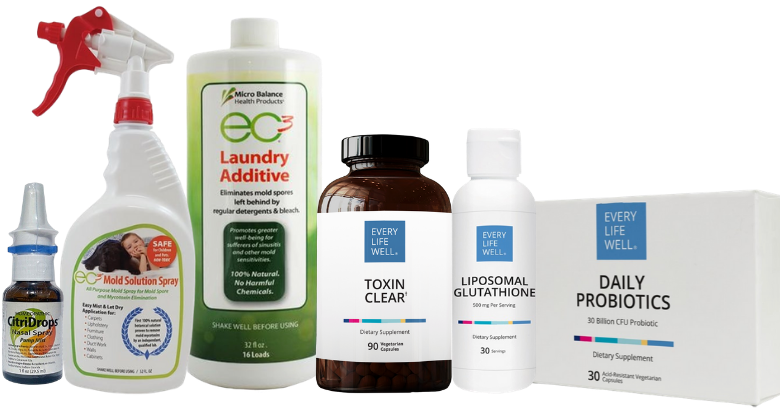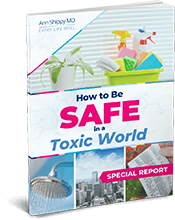Cooking a beautiful dinner with vibrant green vegetables and a gorgeous ruby-red wild-caught fillet of salmon sounds like the pinnacle of a perfect Paleo meal.
Yes, fish are a great source of omegas. We all need a diet rich in Omega fatty acids, specifically Omega 3 fatty acids because our body can’t make these types of fats. Omega 3 fatty acids have many potential health benefits including decreasing inflammation, lowering hypertension and they may even reduce the risk for cancer, heart disease and autoimmune disorders.
Unfortunately, seafood is often high in mercury, which can be stored in our kidneys, blood, spleen, brain, liver, bones and fatty tissues. Mercury compromises our body’s systems and can cause numerous health issues.
Evidence suggests that chronic exposure to toxins may contribute to or impact:
- Energy levels
- Reproductive system
- Cancer risks
- Neurological development
- Respiratory, cardiac, liver, and immune functions
- Cognitive Function and emotional health
- Degenerative conditions
The Environmental Working Group (EWG) publishes a Consumer Guide to Seafood, giving us researched guidelines on seafood toxicity, sustainability, and nutrition. They also rank the best and worst seafood choices based on the highest levels of Omega 3s and the lowest amount of mercury. And they even have a seafood “calculator” to help you know what types of fish are best for your health needs. The good news is that the Wild Salmon is actually at the top of the EWG’s list:
BEST CHOICES
Wild Salmon
Sardines
Mussels
Rainbow Trout
Atlantic Mackerel
OK IN MODERATION
Oysters
Anchovies
Pollock
Herring
LIMIT
Shrimp
Catfish
Tilapia
Clams
Scallops
Pangasius (Basa, Swai, or Tra)
Canned light and Albacore Tuna
Halibut
Lobster
Mahi Mahi
Sea Bass
AVOID
Shark
Swordfish
Tilefish
King Mackerel
Marlin
Bluefin and BigEye Tuna
Steaks or Sushi
Orange Roughy
Unfortunately, even when patients follow these seafood guidelines they still may have higher than optimal levels of mercury toxicity in their systems. Because of this, I advise having seafood no more than once a week, and when you do choose fish for a meal consider the source. I like Vital Choice, for high quality, fresh seafood delivered right to your home.
You may also want to supplement your diet with a high quality fish oil, one from a trusted source. Fish oil supplements provide the beneficial Omega-3s without the toxicity risk that some seafood carries. Ideally you should look for a fish oil product that is tested through IFOS (International Fish Oil Standards Program), and has achieved the highest worldwide standards for fish oil, the coveted IFOS 5-Star Rating.
So, is seafood good for you? Well, not all seafood is going to be good if you tend to consume frequently. But, if you follow EWG’s guidelines and limit your intake of the ones that can be potentially harmful, you should absolutely include high quality seafood as part of your healthy diet.













